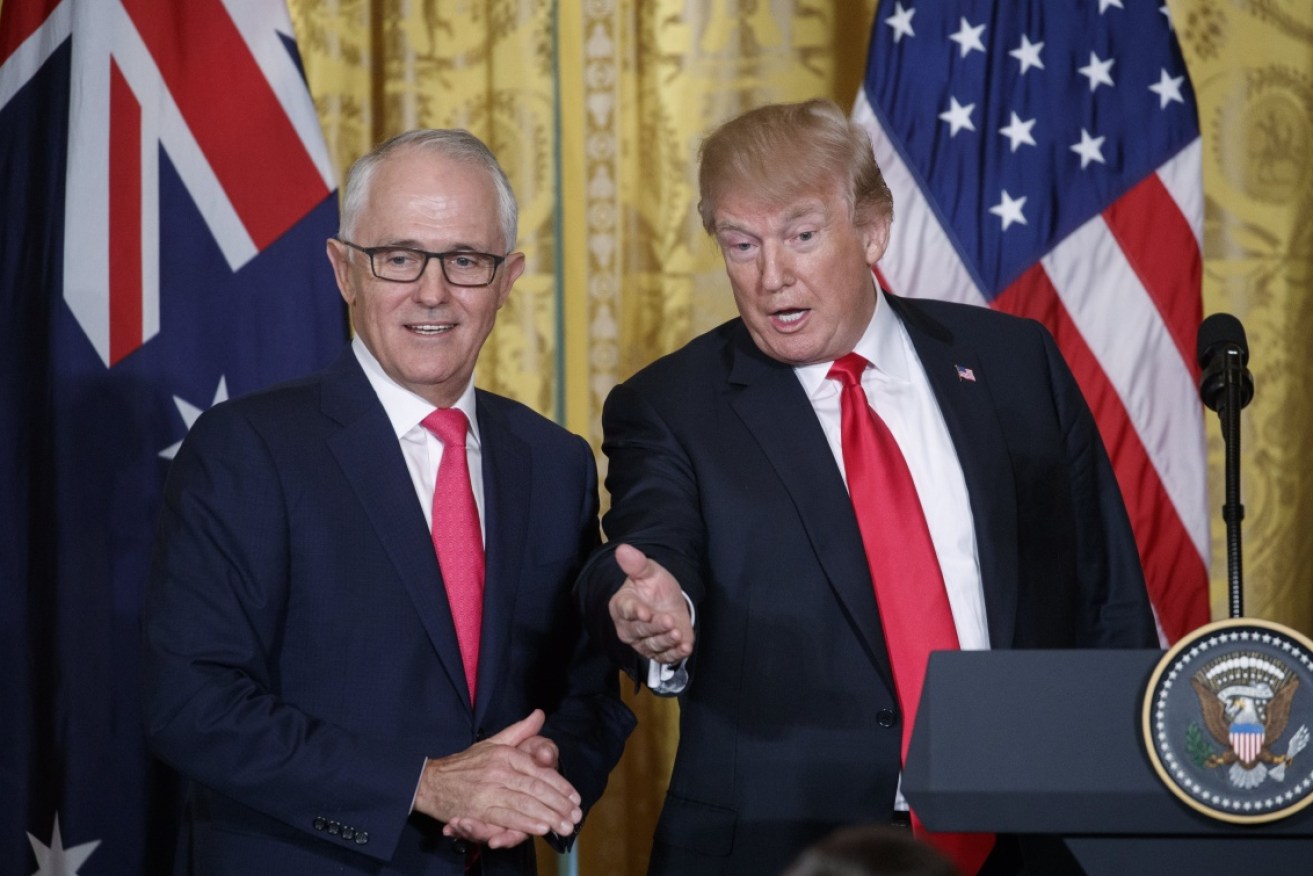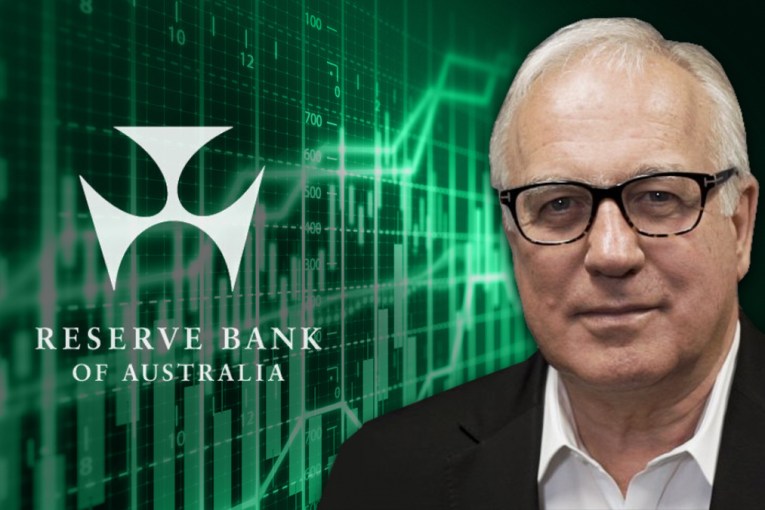The American go-slow holding Australia to ransom


Donald Trump's dislike of the refugee resettlement deal President Obama made with Australian PM Malcolm Turnbull put a strain on the relationship. Photo: AAP
As The Donald said while standing alongside Putin, “All I can do is ask the question”. So, is the Trump administration blackmailing Australia?
It’s 20 months since the United States agreed to take 1250 refugees from Australia’s indefinite detention camps on Nauru and Manus Island.
It was reported that each applicant would be interviewed twice by US officials in a process “that was expected to take between six and 12 months”.
At last sight, only a little over a quarter of the agreed number have been moved to the US. That’s a rate of processing a tortoise would find embarrassing, but it’s worse than it looks.
Given the extensive information Australian authorities have on their captives, including the past five years of surveillance and monitoring, and the extent to which they already have been vetted and classified, a final American check should be a formality – if there is any credibility to our alleged special relationship as part of the ‘Five Eyes’ intelligence community.
As Prime Minister Malcolm Turnbull said in his first phone call to President Trump in January last year: “They have been under our supervision for over three years now and we know exactly everything about them”.
Forget the tortoise, snails move faster. Even grass trees grow quicker.
If US security services really wanted to know the bona fides of anyone on Nauru, they would have the information within minutes, if not sooner.
The only explanation for the go-slow is that it is wilful.
As long as there are refugees to be moved out of the camps, the deal gives the Trump administration enormous leverage over Australian foreign policy. It’s compensation for what Trump labelled a particularly “bad deal” in his first week as president.
“This is going to kill me,” he told Turnbull in that infamous phone call.
“I am the world’s greatest person that does not want to let people into the country.”
The indefinite detention camps – people incarcerated for committing no crime, suffering abuse, mental and physical health crises, suicide – is Australia’s greatest international embarrassment. It is the subject of United Nations condemnation, a continuing thorn in the conscience of any Australian politician with a conscience.
Extraordinary punishment of an innocent few as a deterrent to others – it’s obscene.
Keeping the Obama deal alive was so important to Turnbull, it appears to have been the sole aim of that first phone call under the guise of congratulating the new president.
“This is a big deal. It is really, really important to us that we maintain it,” Turnbull begged.
Trump: It is important to you and it is embarrassing to me. It is an embarrassment to me, but at least I got you off the hook. So you put me back on the hook.
Turnbull: You can count on me. I will be there again and again.
Trump: I hope so. OK, thank you Malcolm.
Turnbull: OK, thank you.
That’s where Trump cut the call short, effectively hanging up on Turnbull. Or ‘Trumball’. Or whatever his name was.
And Turnbull has been there again and again for Trump ever since, most recently calling him “a patriot” in the immediate aftermath of the Trump/Putin media conference farce when pretty much the rest of the sane world regards him as the biggest danger to the United States since the Cuban missile crisis.
But that was only a word. Since that phone call, while the islands of the damned agreement has been held over Australia by an erratic President with no compunction about breaking agreements, Australia has been the most militant of American allies, in lockstep with extreme US policy on Israel and China and careful not to criticise Trump whatever he does.
Treasury Secretary John Fraser was relatively blunt this month about the folly of Trump’s trade war – much blunter than any government minister. Fraser’s sudden resignation immediately thereafter was, no doubt, a coincidence.
When Trump began his protectionist push with tariffs on steel imports, Australia concentrated on winning an exception for itself rather than joining the rest of the world in criticising the move.
When the United States opposed the UN establishing an independent investigation of Israeli snipers killing protestors at the Gaza border, only one other country joined it in voting “no” – Australia. We could have abstained with 14 other countries, but Australia stood with the US.
With Israel’s parliament this week enshrining a form of apartheid in law, odds are that any Australian response will be in keeping with Washington’s, not the criticism from Europe.
Since the Trump/Turnbull phone call, the Australian government has steadily ramped up its rhetoric against our most important economic partner.
It makes little sense to so needlessly offend – nothing has been gained by it and some has indeed been lost – but we’ve succeeded in winning the praise of no less a Sinophobe than Steve Bannon, who reportedly remains a Trump confidant despite no longer working in the White House.
If Australia joins the US in further pushing the freedom of navigation envelope in the South China Sea – protecting our key trade route with China from China – it will primarily be to ingratiate itself with the Trump administration, or “being there again and again”, rather than in our own national interest.
That’s what happens when you’re being held to ransom. Never mind the local republican movement – Australia won’t be capable of achieving independence until the last refugees are off Nauru and Manus.








